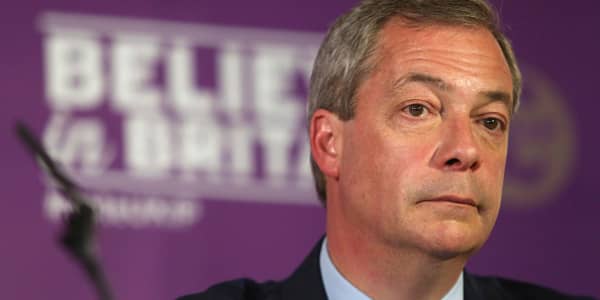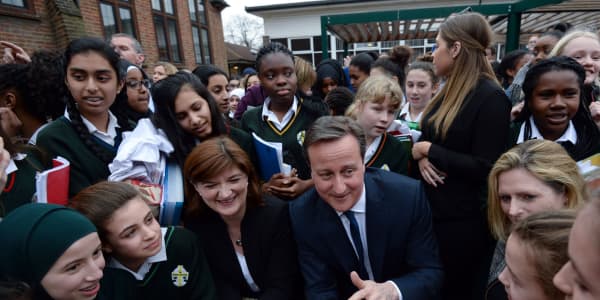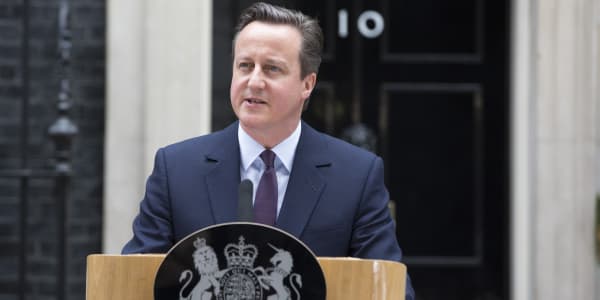Voting in the U.K. general election finally got under way Thursday after one of the closest-fought election campaigns in living memory.
Neither the Conservative nor Labour party has pulled away in the pre-election polls and the results - due Friday morning - are expected to deliver a hung parliament with days, or even weeks, of deal-making likely to follow.
It might seem a world away across the other side of the Atlantic, but market participants and analysts are contemplating the possible effects for American investors, starting with concerns over the dollar's pairing against the U.K. pound.
'Major impact' on cable
"The election will have a major impact on sterling," Kathy Lien, managing director of currency strategy at New York-based BK Asset Management, told CNBC via email.
Trading at 1.5243 against the greenback Thursday morning, Lien highlighted that the lack of a clear winner would result in a break below 1.50 for sterling in the coming days.
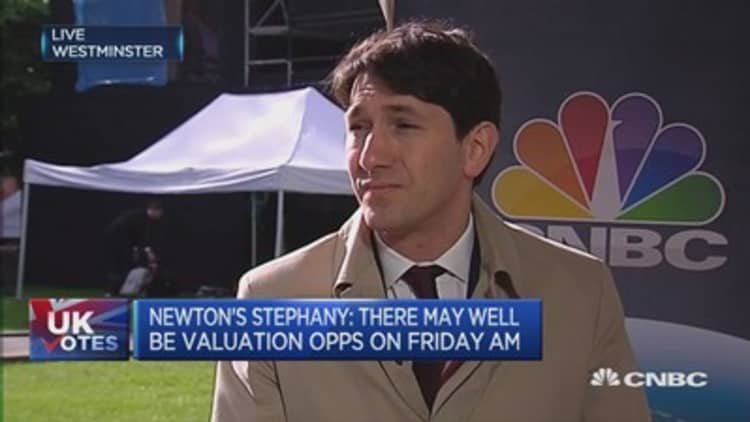
With another coalition government on the cards, political pundits have been busy weighing up the possible makeup of any new government.
There are two outcomes commonly touted. The first - a continuation of the current Conservative-Liberal Democrat coalition - would likely reassure investors, with more of the same policies from last five years. However, a proposed referendum by the Conservatives on the U.K.'s membership of the European Union in 2017 would weigh on financial assets and dent business sentiment.
Read MoreWhy Scotland may hold the key to the UK election
The second - a socialist pact between Labour and the Scottish Nationalists (SNP) - is being seen, rightly or wrongly, as anti-business, with talk of further regulation designed to curb bankers' pay and squeeze the financial industry. This could hit U.S. investors that hold heavily-weighted U.K. banking stocks, or those that have exposure to the country.
New regulation
Mohamed El-Erian, chief economic adviser at Allianz, wrote in the Financial Times Tuesday that these issues should be the main focus for investors. He predicted that a Labour-led government would be less lenient towards the finance industry and would make large moves to overcome a "huge trust deficit" within U.K. society.
"Many traders and analysts I work with hold reservations for a Left-government," Ben Yip, a market analyst at London-based Amplify Trading, told CNBC via email, adding that most external investors were likely to view a Leftist-government as negative for the U.K. economy.
"Given the tax reforms not only on businesses but also medium-high net-worth individuals we could see large cap companies relocate," he warned.
Hit to American wealthy?
Big banks like Standard Chartered and HSBC have floated plans to re-domicile away from the U.K. and have argued against Labour's proposed banking levy.
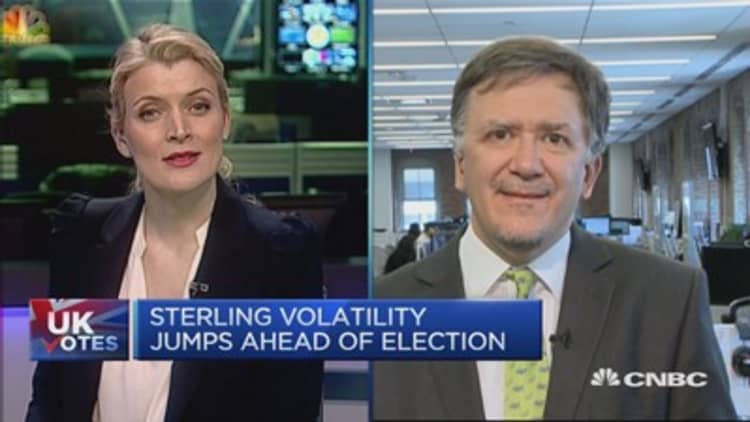
However, analysts like Filippo Alloatti, senior credit analyst at Hermes Credit, believe that bank competition is coming, no matter the election result. Alloatti says it is too soon to obtain any clarity on most of the regulation that is being touted.
Read MoreUK political gridlock: Good for business?
It might be a similar story if you're a wealthy individual too. The research firm Wealth-X released a survey of senior lawyers, tax experts and accountants last month. The report stated that ultra-wealthy foreigners residing and working in Britain should brace themselves for a more stringent tax regime, whichever party comes to power.
Despite the political rhetoric and talk of market disturbances, there are those in the U.S. that are relatively sanguine.
Brian Reynolds, chief market strategist at Rosenblatt Securities, told CNBC via email that none of the issues arising from the election would have any impact on the U.S. credit boom and the equity bull market for "anything other than the briefest of moments."




